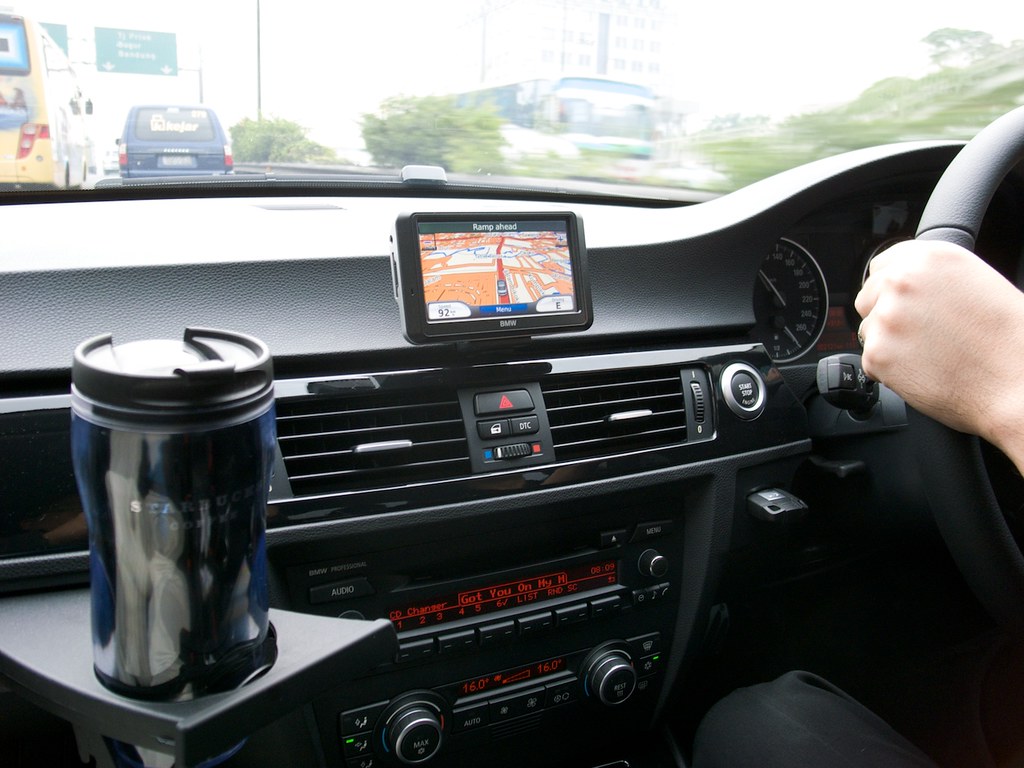Are We Igniting Passions in our learners? Anyone? Anyone?
#IMOOC Season 4, Week 1 #LCInnovation
In her book: Learner-Centered Innovation: Spark Curiosity, Ignite Passion, and Unleash Genius, Katie Martin shares this graphic about Student Engagement:
 |
| From: Katie Martin, Learner Centered Innovation IMPPress, 2018. p.374 (Kindle version) |
Is this what our classrooms look like for our students?
I hope not. That movie is now over 30 years old. If the 'sage on the stage' technique was resulting in zoned out students 30 years ago, why are we still doing it? I recently blogged about the resistance to change I've seen in some educators (more specifically regarding technology) in my January 26th post called "Reno Your Pedagogy." But the problem extends far beyond a resistance to try new technology. Technology, after all, is just the tool. Using technology with good pedagogy is the innovation. I am a classroom teacher. I don't set policy or procedures. I can get up on my soapbox/blog, but I know my blog has a limited audience and may only be preaching to the choir at that. So what can I do to try to bring the trends on that graph back up?
I can only do what I can do. I can model practices like project based learning and passion projects and using technology to leverage the collaboration of students in my room with students around the world. I can be a part of initiatives like the Global Read Aloud, encourage my students to get excited about becoming good digital citizens through social media like our classroom Twitter account, website and blogging or vlogging. I can give them choice in topics to investigate and how they show their learning, be it coding or #BookSnaps or creating videos. I can keep trying new things, reflecting on them and tweaking them until my classroom is the type of place Dave Burgess talks about, where they would buy tickets to get in the door. I can make my classroom as engaging a place as I can and hope colleagues see this and start to buy in.
I can only do what I can do, but as it turns out, that's a lot. Are you with me? Anyone? Anyone?






